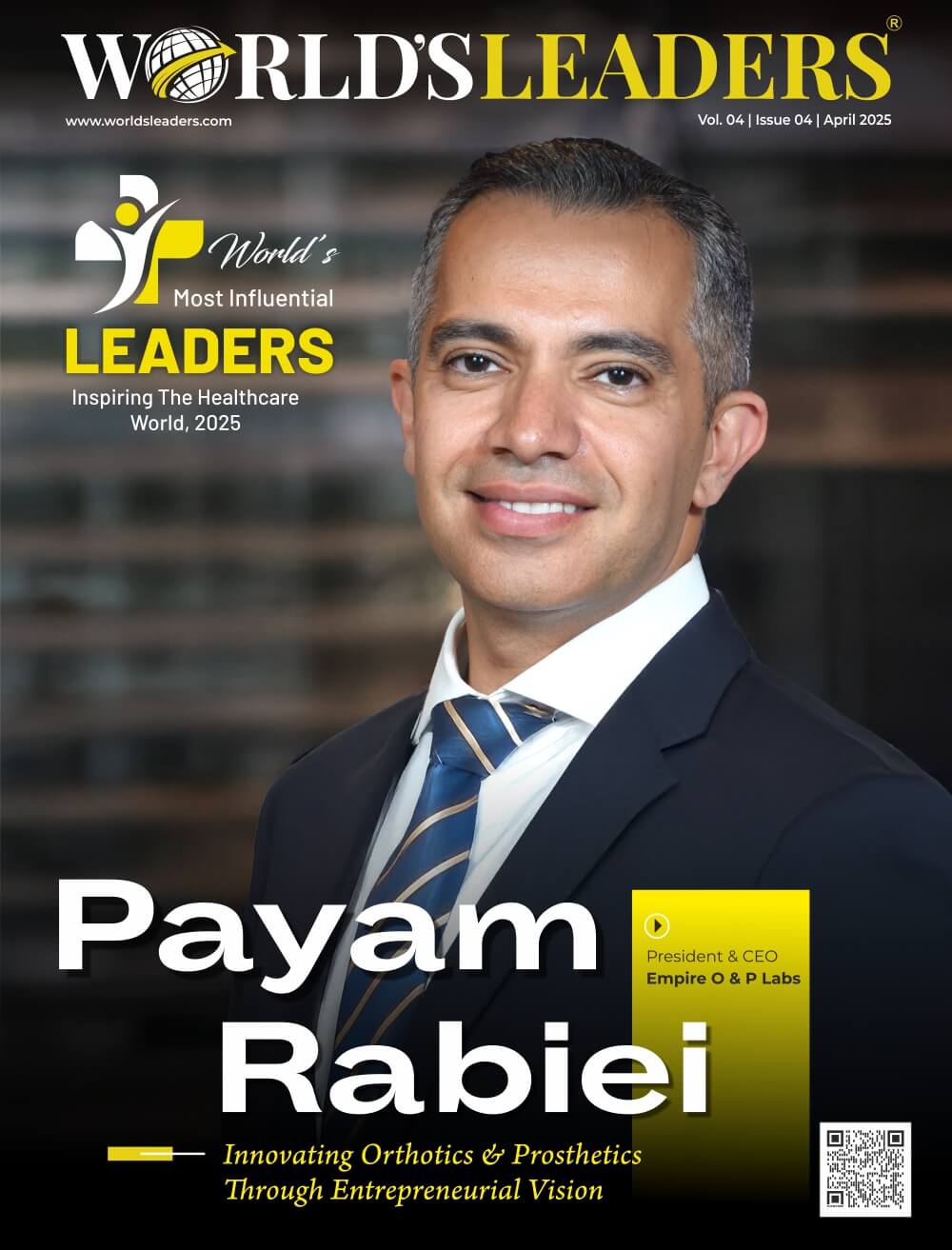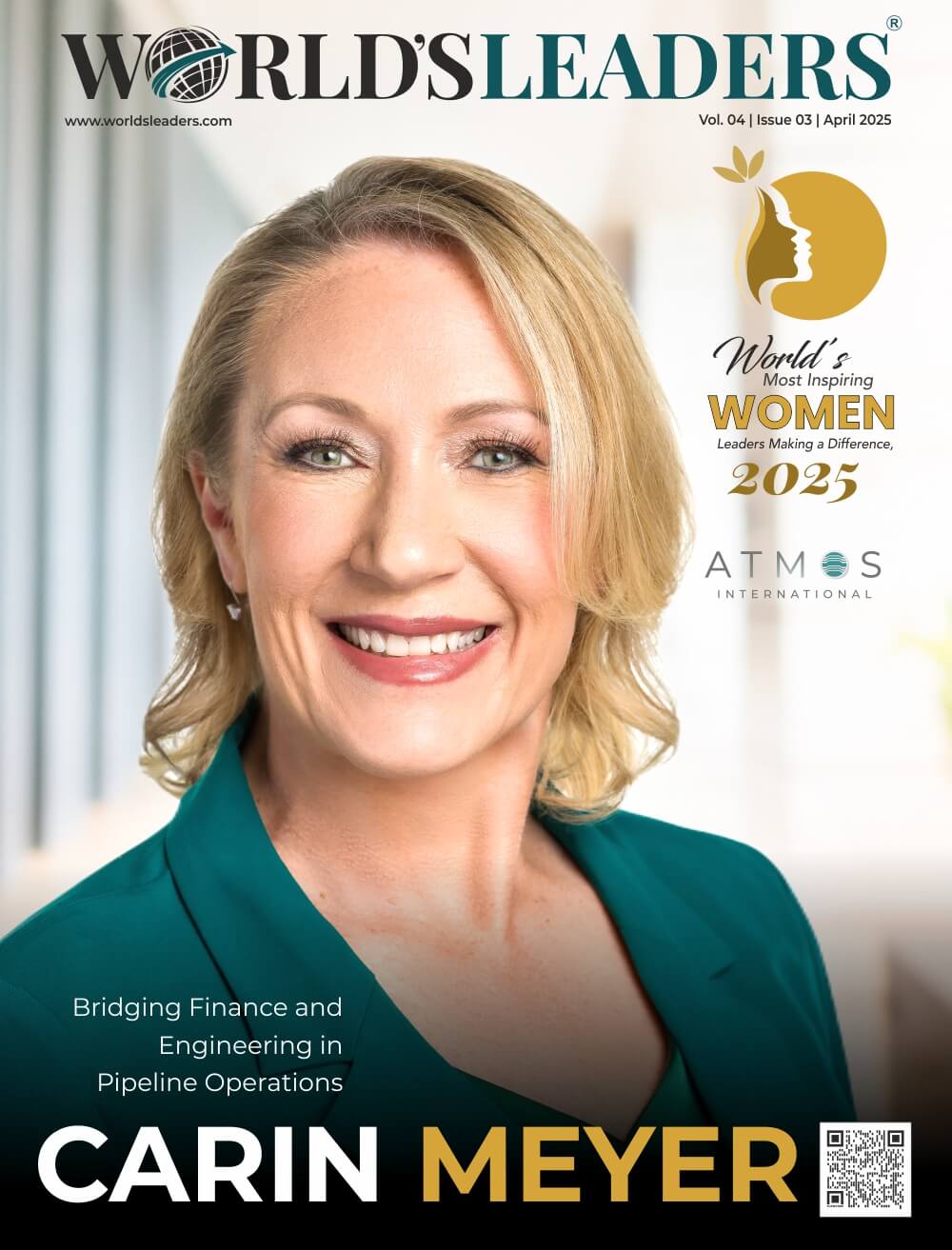Hyundai Motor unveiled an edgy concept version of a battery-powered midsize SUV in Los Angeles this month, which is expected to arrive in the United States in the coming weeks. Even as it prepares to compete with Tesla in electric vehicles, the Korean industrial behemoth also has major plans to bring hydrogen power to the masses—even if it won’t be truly competitive until the end of the decade.
Hyundai announced this year that it is developing a new hydrogen fuel cell power system for automobiles and trucks that will be twice as powerful, 30% smaller, and cost half as much as the present model. Still, according to José Mooz, the Seoul-based automaker’s chief operating officer and head of its Americas operations, hydrogen technology is approximately where battery vehicles were in the early 2010s.
“People were still asking, ‘Is this going to happen?’ at the moment.” This isn’t correct. We don’t have the necessary infrastructure. It won’t go over well.’ There is now (charging) infrastructure; technology has advanced; ranges have improved; and features have improved. And, more crucially, those who purchase one now say they will purchase another,” Mooz tells Forbes.
Elon Musk has long disregarded hydrogen as a potential zero-emission fuel, calling it “fool cells” due to its inefficiency compared to batteries. In the case of Hyundai, the firm has exceptionally high aspirations for the universe’s most abundant element as a source of energy.
In a presentation at the Los Angeles Auto Show this month, Mooz said that the manufacturer is “aggressively researching hydrogen technology and fuel cell applications for transportation, households, and industries.” “We see a future where hydrogen is the major source of energy for everyone, everything, and everywhere.”





